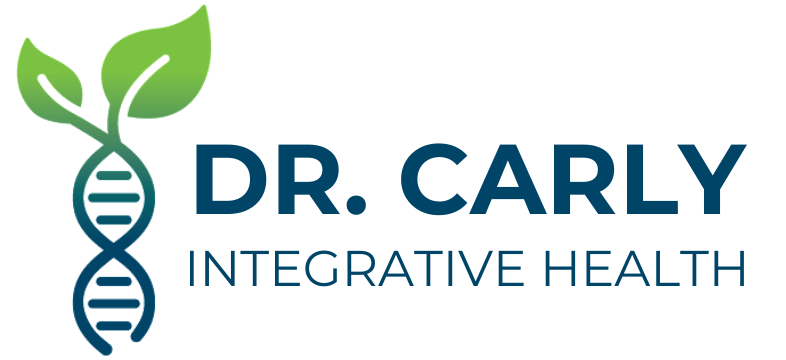Root Causes of SIBO
Small intestine bacterial overgrowth (SIBO) is exactly like it sounds: an overgrowth of bacteria in the small intestine. We are going to skip the basics of SIBO and dive deeper to discuss the root causes. Because here is an often overlooked truth in SIBO treatment:
SIBO is a symptom.
While SIBO can cause many symptoms and may lead to other health conditions, SIBO did not just randomly happen. The bacteria grew in your small intestine for a reason and for successful treatment, you need to address the cause. Otherwise, SIBO will recur. Recurrence happens within 9 months in up to 44% of patients treated with antibiotics because most doctors don’t address the cause. I have noticed that most MDs treat with antibiotics until a negative breath test is achieved and offer no further treatment. Other doctors are aware that recurrence is an issue so they advise long term use of the low FODMAP diet (which quite frankly sucks for the patient) or the use of motility agents (pharmaceutical or natural). But most fail to address the true root cause so most patients continue to struggle with SIBO.
root causes of sibo
Impaired Digestive motility
Basically, if your food moves slowly through your digestive tract, you are more at risk of SIBO. So what can cause slow motility?
autoimmune attack on the muscle of your intestine, usually triggered by food poisoning (which may have happened years and years ago)
traumatic brain injury (common in people playing contact sports or in motor vehicle accidents)
hypothyroidism
chronic infections like EBV, lyme or lyme coinfections
diabetes (high blood sugar damages nervous system)
mold toxicity
issues with connective tissue (Ehlers Danlos Syndrome, Scleroderma, POTS)
mast cell activation syndrome
adhesions and connective tissue restrictions from abdominal surgery
endometriosis
ileocecal valve dysfunction
Impaired digestive function
Your stomach acid, bile, and pancreatic enzymes all work to create an environment that is not friendly to bacteria. So any digestive deficiency can cause SIBO.
low stomach acid (usually due to stress or H. pylori)
bile deficiency (can be due to liver detoxification issues, excess hormones, methylation issues, SNPs in certain genes like MTHFR)
low pancreatic enzymes (can be due to stress or H. pylori)
deficiency in brush border enzymes (can be due to celiac disease or other inflammatory conditions of the small intestine)
secretory IgA deficiency (can be due to general immune dysfunction, chronic infections, stress)
Medications
Some medications are known to lead to SIBO, some through the above mechanisms.
proton pump inhibitors (Prilosec)
narcotics/opioids
cholestyramine
frequent antibiotic use
antispasmodics (dicyclomine, hyoscyamine, loperamide, promethazine)
tricyclic antidepressants (amitriptyline and others)
New SIBO Treatment Paradigm
Treat SIBO by eradication bacteria from small intestine.
Treat the root cause of the overgrowth.
For many people, there may be a combination of root causes that need to be addressed. For most people, stress very much impacts their digestion leading to some of the above causes (low stomach acid, low secretory IgA, etc), so managing stress and following proper eating hygiene can go a long way to prevent recurrence.
References
Dukowicz AC, Lacy BE, Levine GM. Small intestinal bacterial overgrowth: a comprehensive review. Gastroenterol Hepatol (N Y). 2007;3(2):112-22.
Bures J, Cyrany J, Kohoutova D, et al. Small intestinal bacterial overgrowth syndrome. World J Gastroenterol. 2010;16(24):2978-90.

